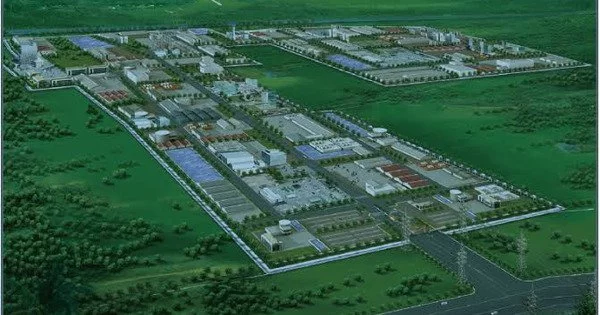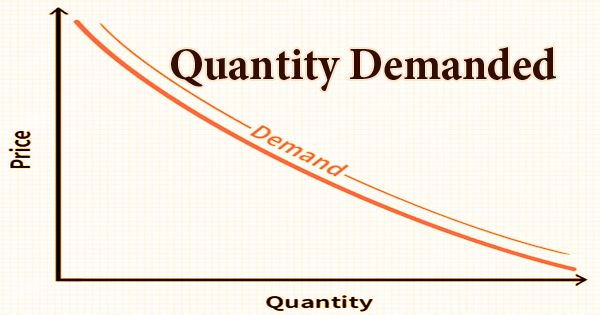A special economic zone (SEZ) is an area with different business and trade laws than the rest of the country. It is a designated territory within a country that is subject to different economic legislation and policies than the rest of the country. The fundamental purpose of developing SEZs is to stimulate economic growth, attract international investment, enhance exports, generate jobs, and foster industrialization and development in a certain region.
SEZs are located within a country’s boundaries, and their goals include increasing trade balance, employment, increased investment, job creation, and effective administration. SEZs often provide a variety of incentives and benefits to firms and investors in order to stimulate economic development within the zone. To encourage businesses to set up in the zone, financial policies are introduced. These policies typically encompass investing, taxation, trading, quotas, customs, and labor regulations.
The host country’s desire to attract foreign direct investment (FDI) may encourage the establishment of special economic zones. The advantages of being in a special economic zone may allow a company to produce and trade items at a cheaper cost, allowing it to compete on a global scale. Some governments have denounced the zones for being little more than labor camps, with workers denied basic labor rights.
Definition
Each country determines the definition of a SEZ on its own. The modern-day special economic zone typically includes a “geographically limited area, usually physically secured (fenced-in); single management or administration; eligibility for benefits based on physical location within the zone; separate customs area (duty-free benefits); and streamlined procedures,” according to the World Bank in 2008.
Key features of Special Economic Zones include:
- Tax Benefits: SEZs often provide tax incentives such as reduced or exempted customs duties, income tax holidays, and lower corporate taxes. These benefits are designed to attract domestic and foreign investments.
- Regulatory Flexibility: SEZs typically have more relaxed regulations compared to the rest of the country. This includes simplified customs and export-import procedures, relaxed labor laws, and streamlined bureaucratic processes.
- Infrastructure Development: Governments often invest in infrastructure development within SEZs, including roads, ports, airports, and utilities, to facilitate industrial and commercial activities.
- Employment Generation: One of the key goals of SEZs is to provide employment opportunities for local residents. Labor-intensive enterprises frequently thrive in these areas, providing employment for the local workforce.
- Foreign Direct Investment (FDI): Foreign investors are drawn to SEZs because of the advantageous business climate and incentives provided. As a result, FDI inflows into the host country may increase. SEZs frequently encourage economic diversification by encouraging numerous industries to set up shop within the zone. This may result in a more balanced and diverse economy.
SEZs can vary greatly in terms of size, industry focus, and specific incentives offered, depending on the host country’s policies and aims. They have been implemented in a number of nations throughout the world, including China, India, Singapore, and others, and have played an important role in promoting economic development and globalization. Their success, however, is subject to a variety of circumstances, including the broader business environment, infrastructure, government regulations, and global economic conditions.
















